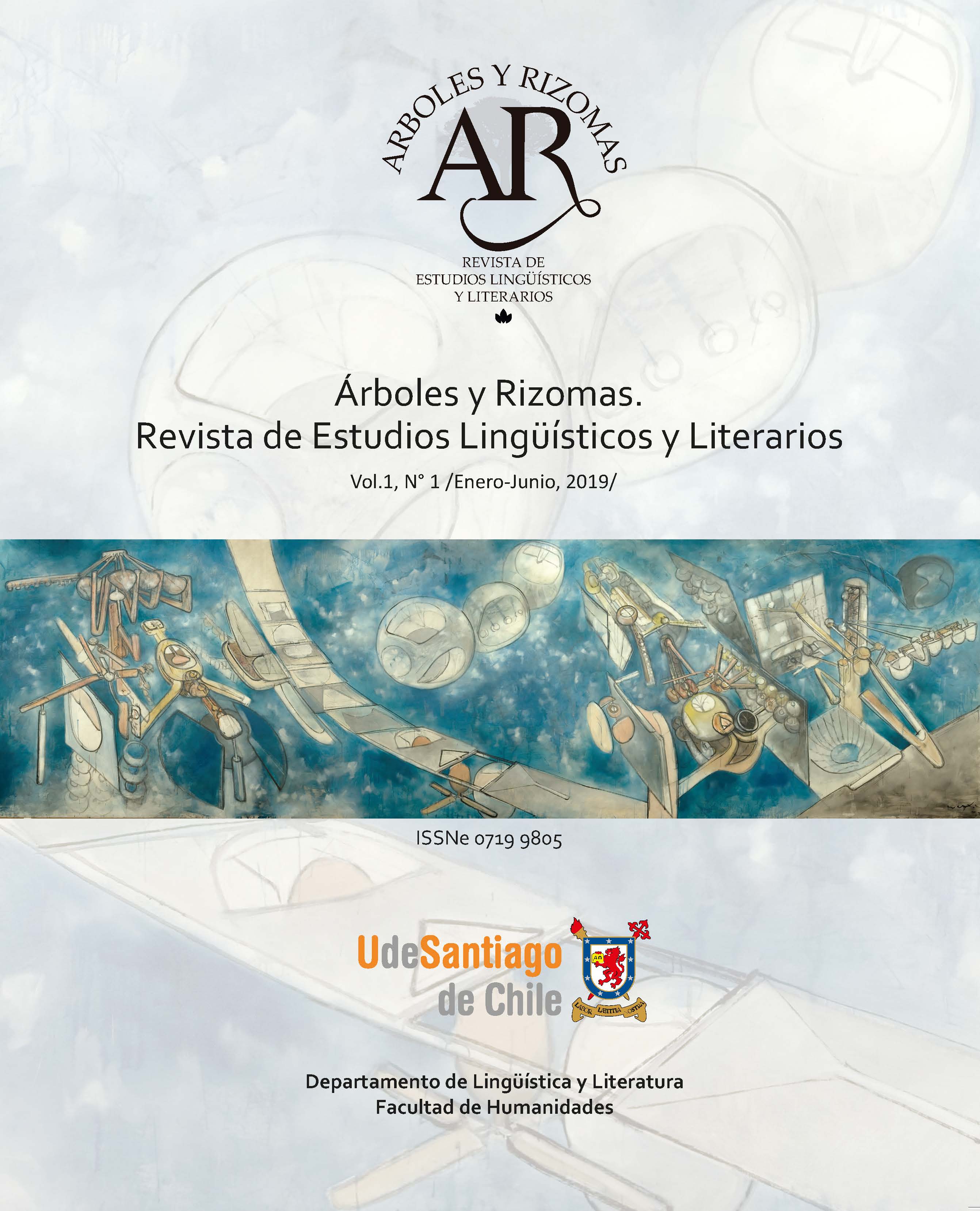Some Observations on the Role of Knowledge in Discourse Processing
DOI:
https://doi.org/10.35588/ayr.v1i1.3632Palavras-chave:
discourse processing, knowledge and discourse, types of knowledge, mental modelsResumo
In this paper, I discuss some aspects of one of the thorniest problems of the theory of discourse processing: The role of knowledge in the production and understanding of discourse. Although there are a large number of articles and books on this topic, some very fundamental questions have as yet hardly been asked. Firstly, I review the scant references to the role of knowledge in discourse processing and then I outline a tentative typology around four groups of knowledge. I then address the key question of how these different types of knowledge play a role in discourse processing, focusing on some hypothetical processes involved in the production of discourse. I finish with a call for an explicit theory of text processing that integrates context models.
Downloads
Referências
Bar-Tal, D., & Kruglanski, A. W. (Eds.). (1988). The social psychology of knowledge. Cambridge: Cambridge University Press.
Bateson, G. (1972). Steps to an ecology of mind: Collected essays in anthropology, psychiatry, evolution, and epistemology. San Francisco: Chandler Co..
Britton, B. K., & Graesser, A. C. (Eds.). (1996). Models of understanding text. Mahwah, NJ: Erlbaum.
Campbell, M. L., & Manicom, A. (Eds.). (1995). Knowledge, experience, and ruling relations: Studies in the social organization of knowledge. Toronto: University of Toronto Press.
Charniak, E. (1972). Toward a model of children's story comprehension. Ph.D. Dissertation. Massachusetts Institute of Technology.
Choo, C. W. (1998). The knowing organization: How organizations use information to construct meaning, create knowledge, and make decisions. New York: Oxford University Press.
Clark, H. H. (1996). Using Language. Cambridge, England: Cambridge University Press.
Fardon, R. (Ed.). (1995). Counterworks: Managing the diversity of knowledge. London New York: Routledge.
Foucault, M. (1972). The archaeology of knowledge and the discourse on language. New York: Harper & Row (Harper Colophon).
Fraser, C., & Gaskell, G. (Eds.). (1990). The social psychological study of widespread beliefs. Oxford New York: Clarendon Press Oxford University Press.
Geertz, C. (1983). Local Knowledge: Further Essays in Interpretative Anthropology. New York: Basic Books.
Graesser, A. C., & Bower, G. H. (Eds.). (1990). Inferences and text comprehension. The psychology of learning and motivation, Vol. 25. New York: Academic Press.
Greco, J., & Sosa, E. (Eds.). (1999). The Blackwell guide to epistemology. Malden, Mass.: Blackwell Publishers.
Hintikka, J. (1962). Knowledge and belief: An introduction to the logic of the two notions. Ithaca, N.Y.: Cornell University Press.
Johnson-Laird, P. N. (1983). Mental models: Towards a cognitive science of language, inference and consciousness. Cambridge: Cambridge University Press.
Knorr-Cetina, K. (1999). Epistemic cultures: How the sciences make knowledge. Cambridge, Mass.: Harvard University Press.
Mannheim, K. (1952). Essays on the sociology of knowledge. London: Routledge & Kegan Paul.
Markman, A. B. (1999). Knowledge representation. Mahwah, NJ: Erlbaum.
Pojman, L. P. (1999). The theory of knowledge: Classical and contemporary readings. Belmont, CA: Wadsworth.
Schank, R. C., & Abelson, R. P. (1976). Scripts, plans, goals, and understanding: An inquiry into human knowledge structures. Hillsdale, N.J. New York: L. Erlbaum Associates distributed by the Halsted Press Division of John Wiley and Sons.
van Dijk, T. A. (1998). Ideology. A multidisciplinary approach. London: Sage.
Van Dijk, T. A. (Ed.). (1997). Discourse studies: A multidisciplinary introduction. 2 vols. London England: Sage Publications. (new, one volume edition, 2011).
Van Dijk, T. A., & Kintsch, W. (1983). Strategies of discourse comprehension. New York: Academic Press.
Van Oostendorp, H., & Goldman, S. R. (Eds.). (1999). The construction of mental representations during reading. Mahwah, NJ: Erlbaum.
Werth, P. (1999). Text worlds: Representing conceptual space in discourse. Harlow, England: Longman.
Wilkes, A. L. (1997). Knowledge in minds. Individual and collective processes in cognition. Hove: Psychology Press.
Downloads
Submetido
2019-01-16Publicado
Edição
Secção
Licença
Direitos de Autor (c) 2019 Teun Van Dijk

Este trabalho encontra-se publicado com a Licença Internacional Creative Commons Atribuição 4.0.






